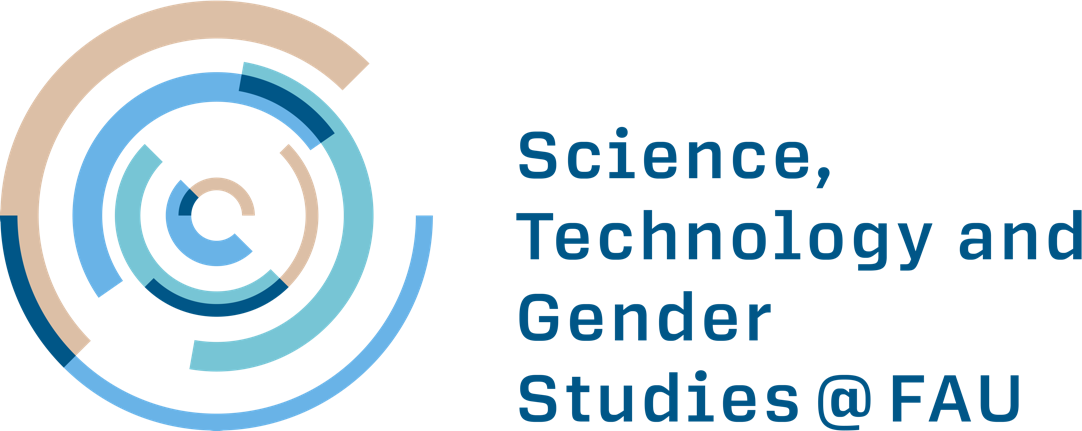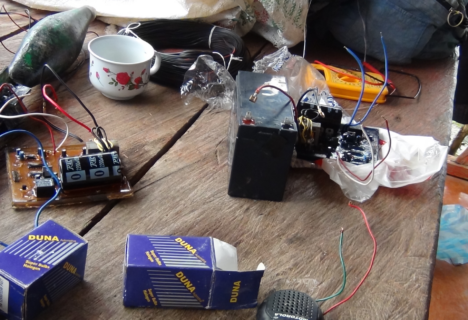Guest lecture: A SOCIO-TECHNICAL HISTORY OF THE COLOMBIAN CIVIL WAR (1949-2016). THE CO-PRODUCTION OF INFRASTRUCTURES, STATES AND ‘PARALLEL TECHNOLOGIES
Guest Lecture: 6pm CET, 6.2.2023
register here to attend via zoom.
Prof. Alexis De Greiff A.
Universidad Nacional de Colombia/Max Planck Institute for the History of Science (Dep. III)
This project examines the co-production of weak infrastructures, inefficient national states, and “parallel technologies”, through the case of the Colombian internal conflict, from 1949 to the end of conflict with the main guerrilla group (the Fuerzas Armadas Revolucionarias de Colombia-FARC-EP) in 2016. It studies how guerrillas produced and used technology and knowledge and compare it with the state’s artifacts and expertise. I am interested in the way non-state actors manage and perceive the material world vis-a-vis the state’s own practices and representations. Artifacts used by guerrillas is also the result of technological exchange that was possible thanks to the intertwining of politics/policies, institutions/organisations and artisanal knowledge developed by local guerrillas, who learned to develop a diplomatic agenda through an international network that involved Chinal, Vietnam, Chile, Cuba, Nicaragua and El Salvador.
In this work maintenance and standardisation are crucial, for they are the hinge between institutions and infrastructures, as well as material glue to bound imagined communities. Following a co-production approach, I suggest that the state and the rebels require some kind of maintenance sustained by (formal and informal) institutional stability, “rebelocracies” and robust bureaucracies. This project is a contribution to the post-conflict process for, comparing institutional and technological practices of guerrillas and the militaries, may shed light on their legacies. Furthermore, it is a step towards seeing the guerrillas not only as ‘war- machines’, civilians as victims and the state as weak and inefficient, but also as co-producers of tacit and explicit knowledge about their territories.
I rely on two kinds of primary sources: on the one hand, documents produced by the Colombian state and its main military and economically ally, the United States; documents produced by guerrillas, such as manuals (FARC-EP, n.d.). On the other hand, I am also
conducting structured and open interviews to former guerrilleros, military engineers and counterinsurgency officers.
Prof. Alexis De Greiff A., PhD
Universidad Nacional de Colombia – Bogotá
Prof. De Greiff did a BA and MSc in Theoretical Physics in Colombia and received his Ph.D in History of Science from the Imperial College, University of London (2000). He is Associate Professor of History of Science and Technology at the National University of Colombia. He has worked on the history of the relationship between discourses and practices of “science for development” institutions in the twentieth century; irregular warfare and technology; infrastructure and the relations of science, technology and democracy.
His book A las puertas del Universo Derrotado (The Doors of the Defeated Universe) (Universidad Nacional de Colombia, 2012) analyses, through empirical historical research on theoretical physics, how peripheral actors negotiate in scientific controversies. The Latin American Society of Science, Technology and Society awarded it with the “Amilcar Herrera Prize”, for the best contribution to the field in 2014.
He is currently working on two projects. Firstly, he is preparing a book on the history of the role of artifacts, institutions, politics and knowledge produced, used and developed by the contenders of the Colombian internal war (1946-2016) between the state and the revolutionary groups. He is especially interested in weapons and explosives, war medicine, cooking, survival techniques in extreme environments, transportation and communications. Secondly, he coordinates an interdisciplinary group concerned with democracy, public history and civic education (Politische Bildung) at the Political Education Think Tank (Centro de Pensamiento para la Educación Política) of the National University of Colombia that he co-founded and serves as General Director.

